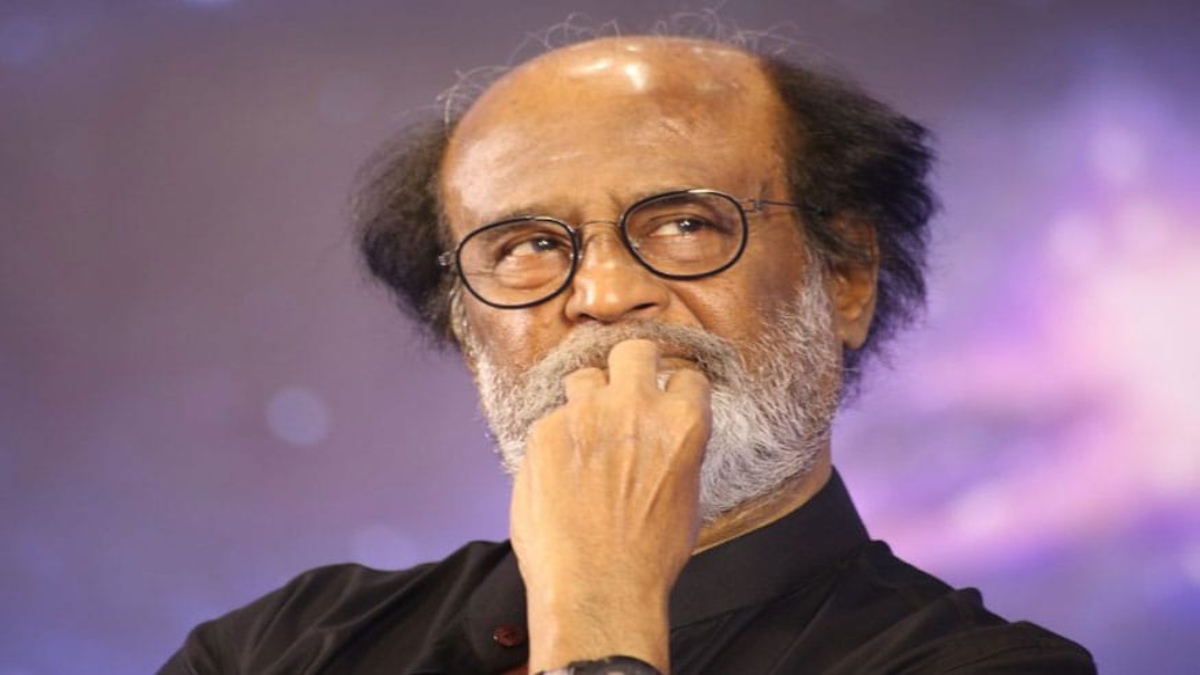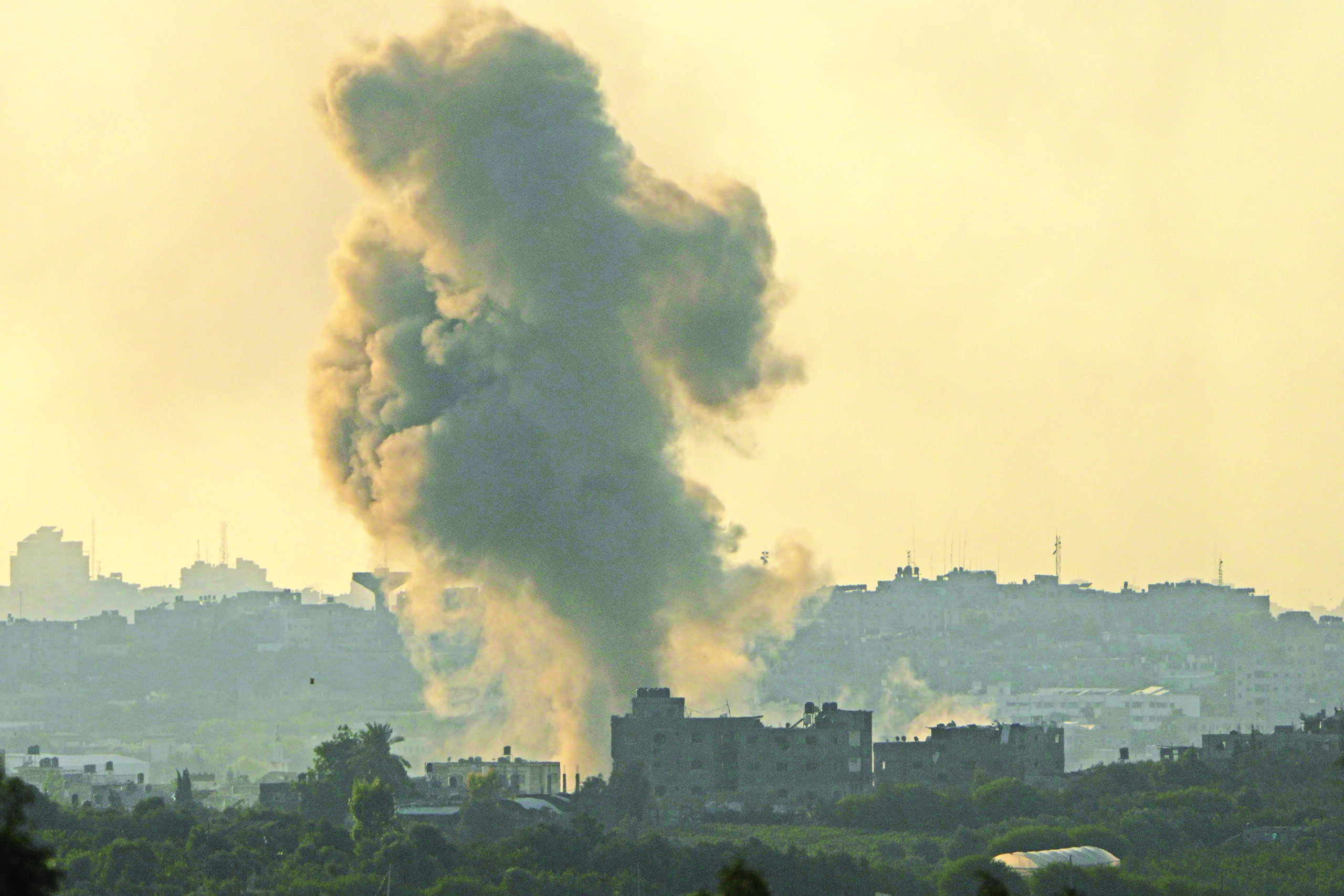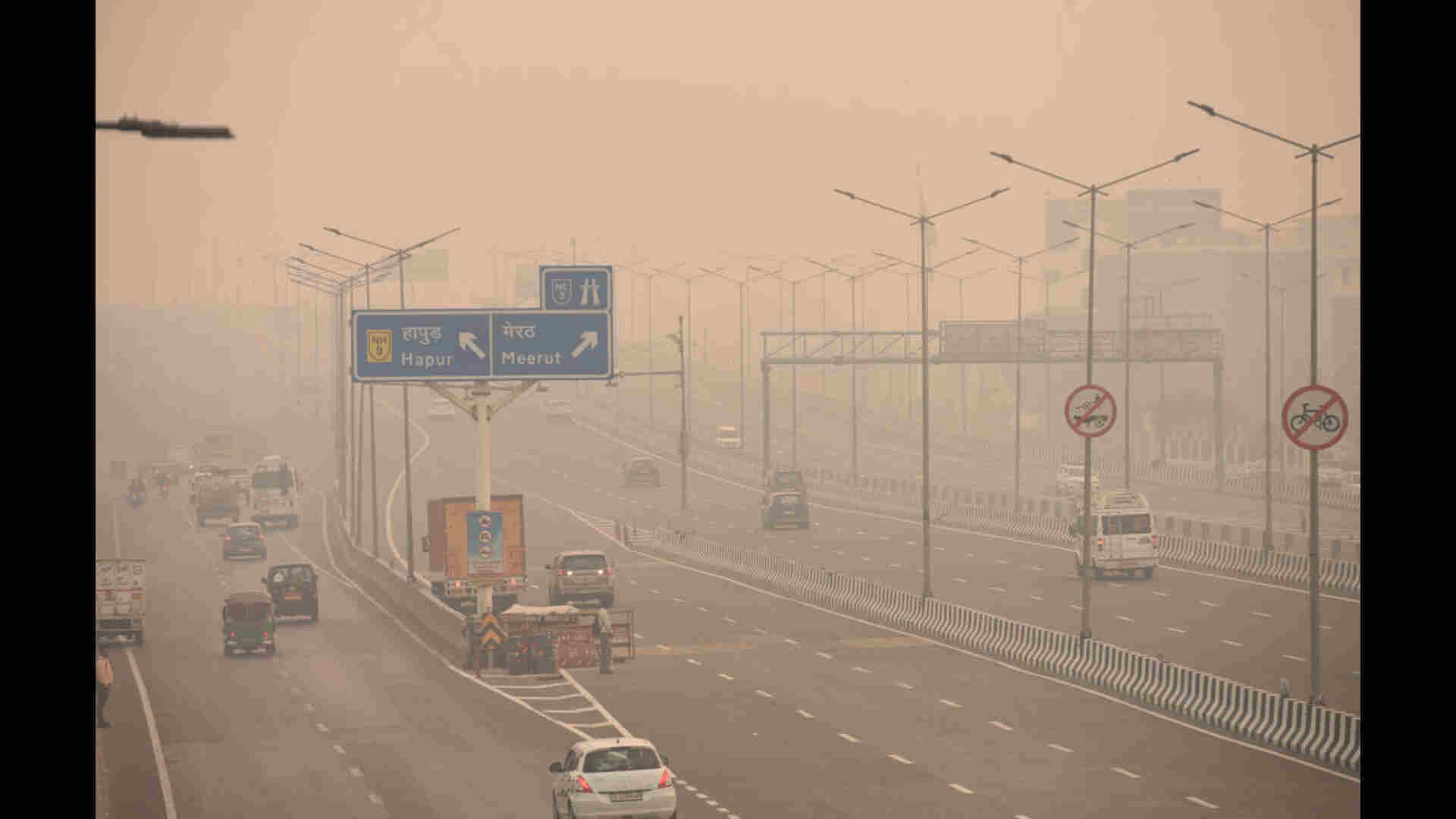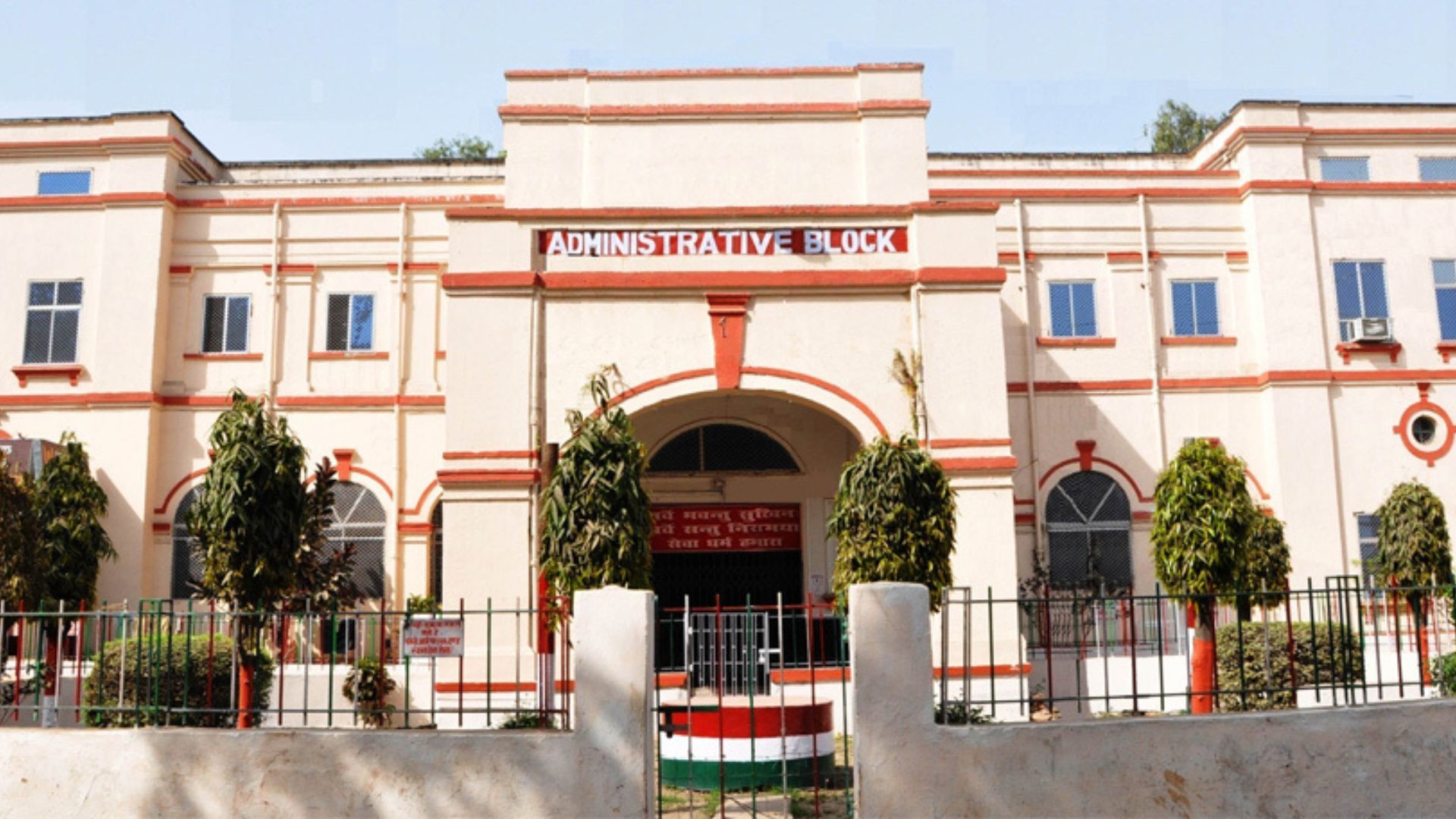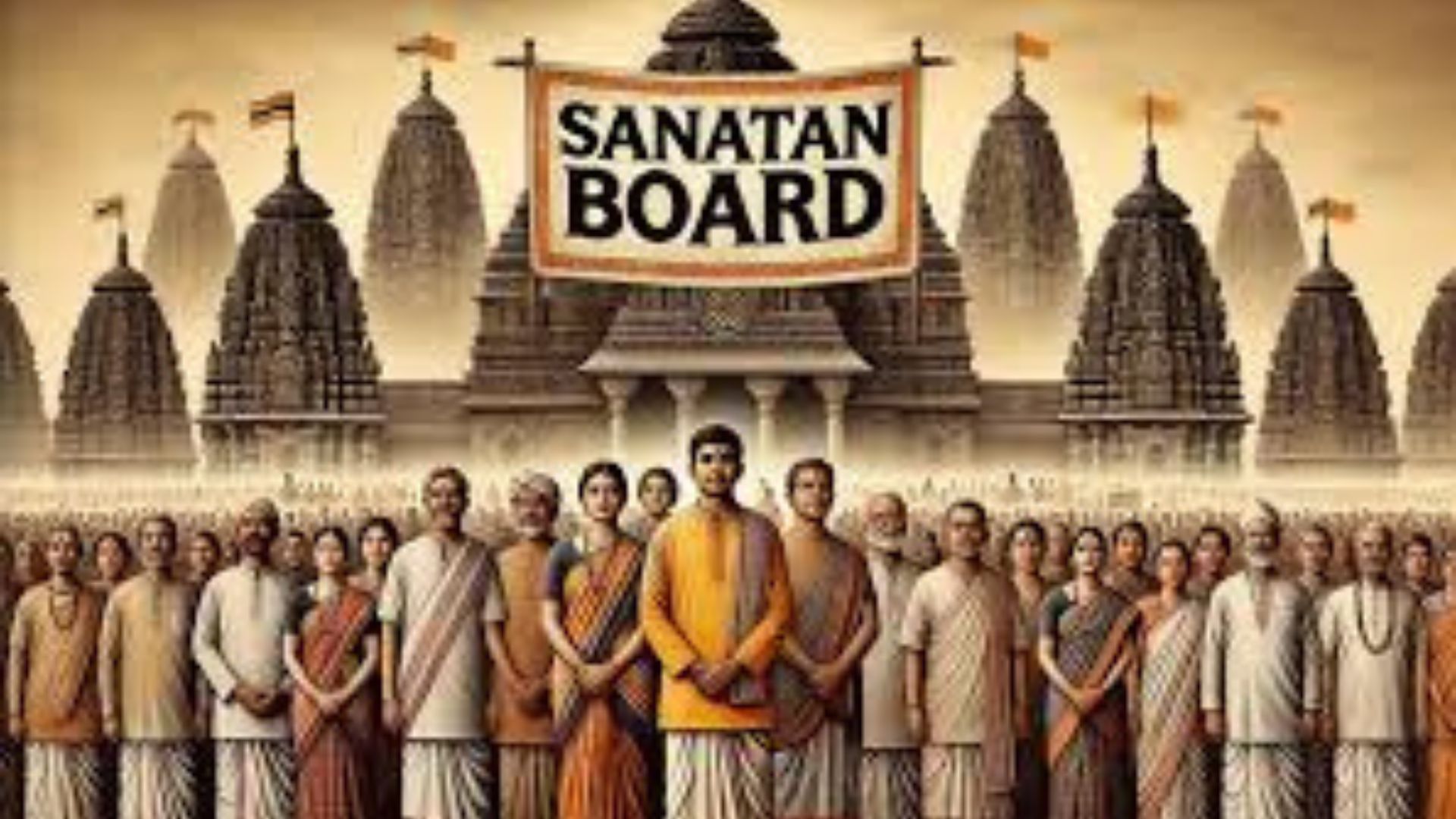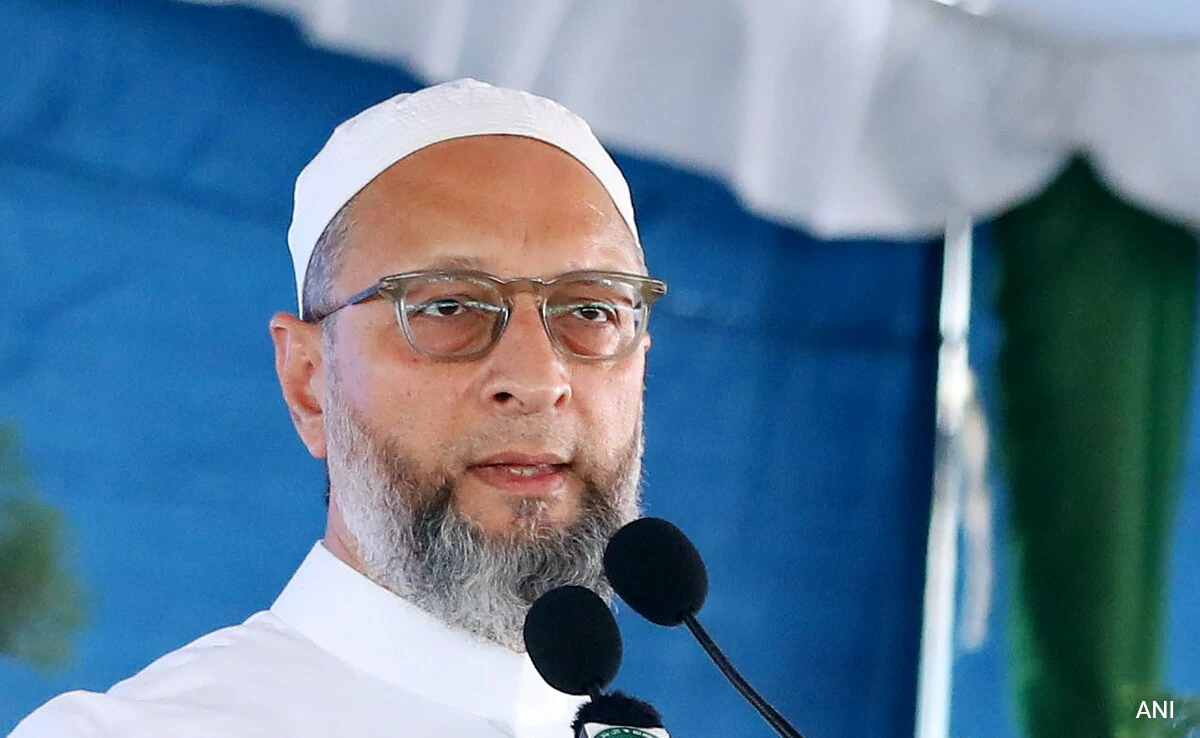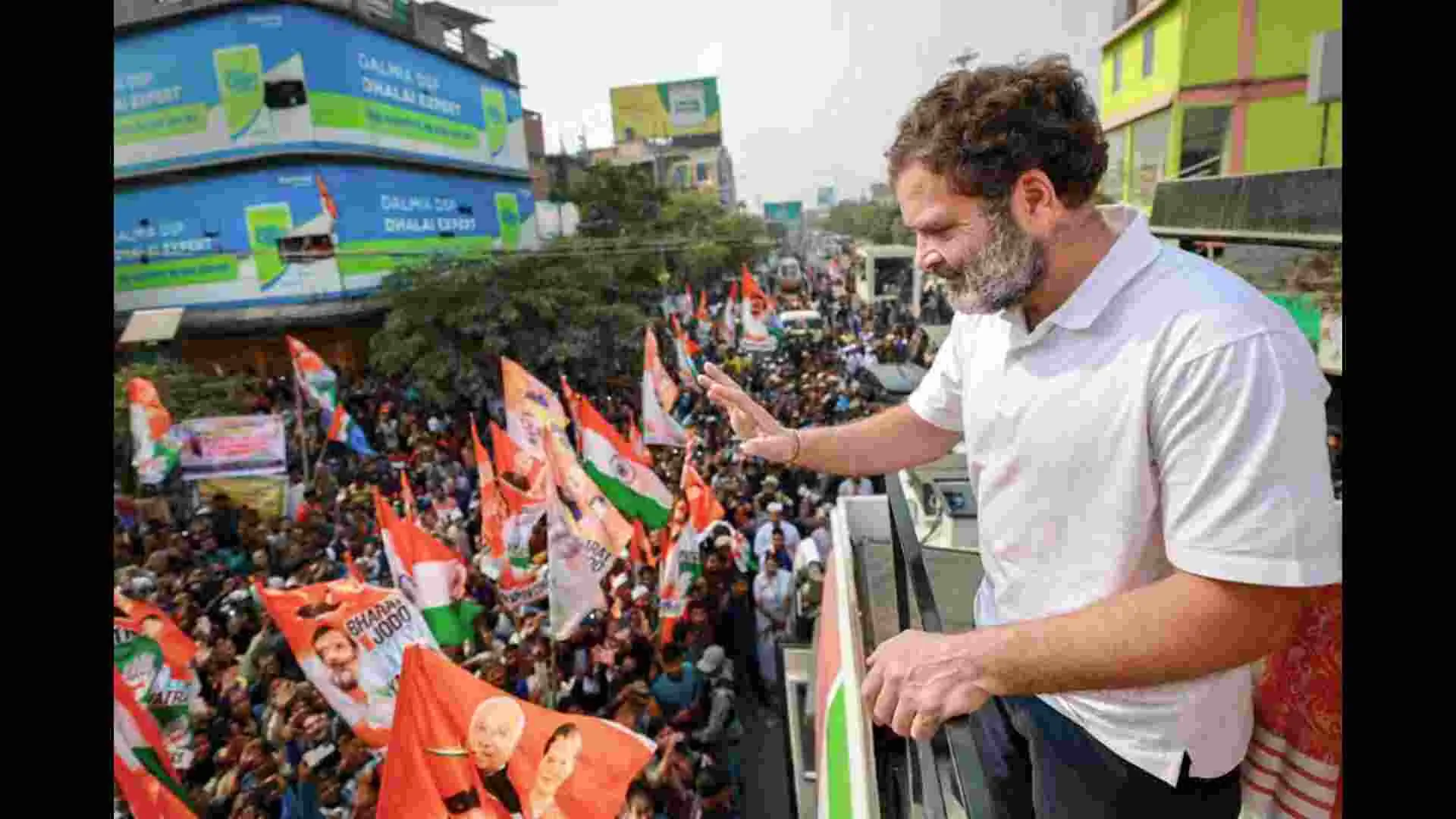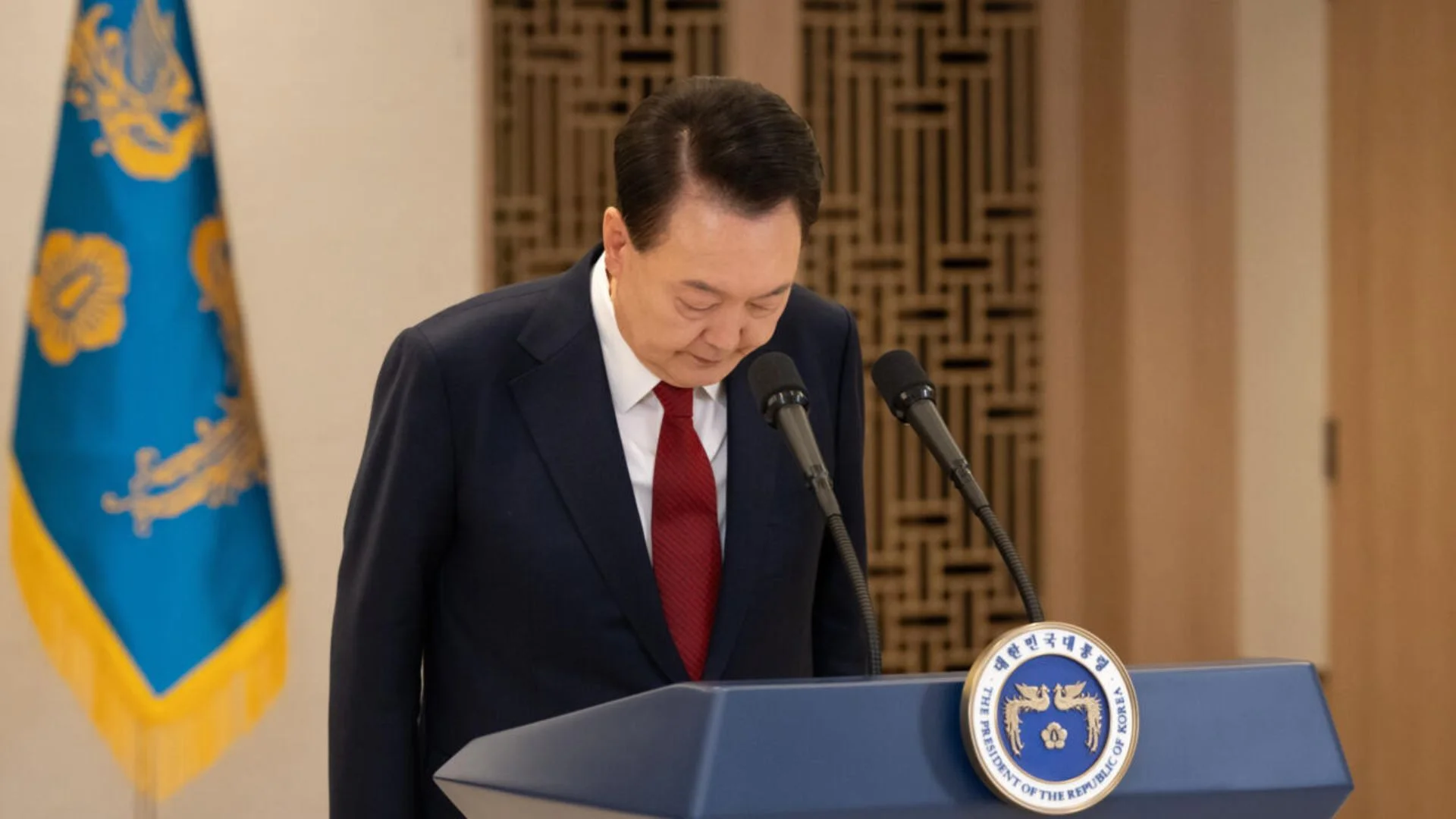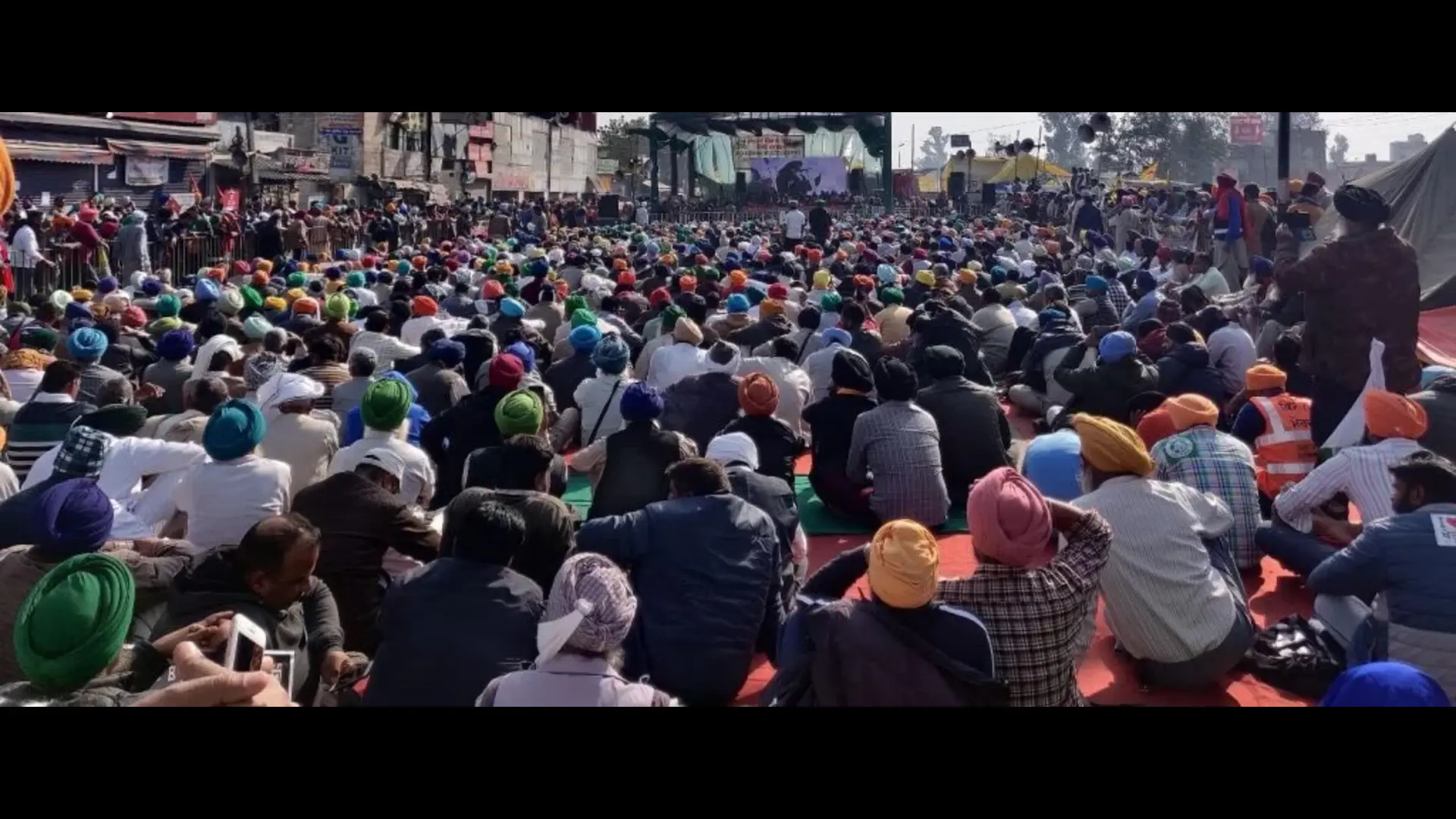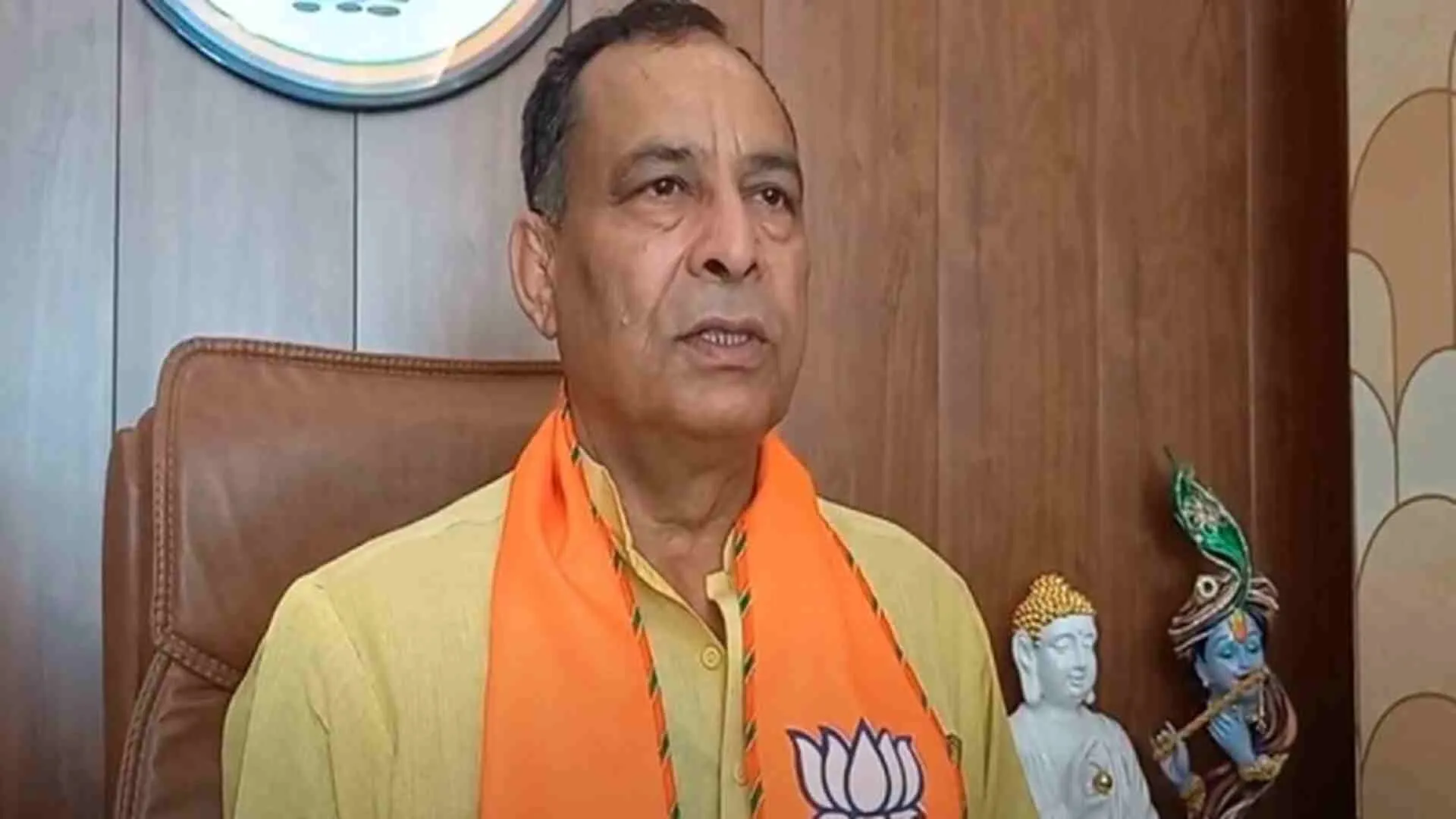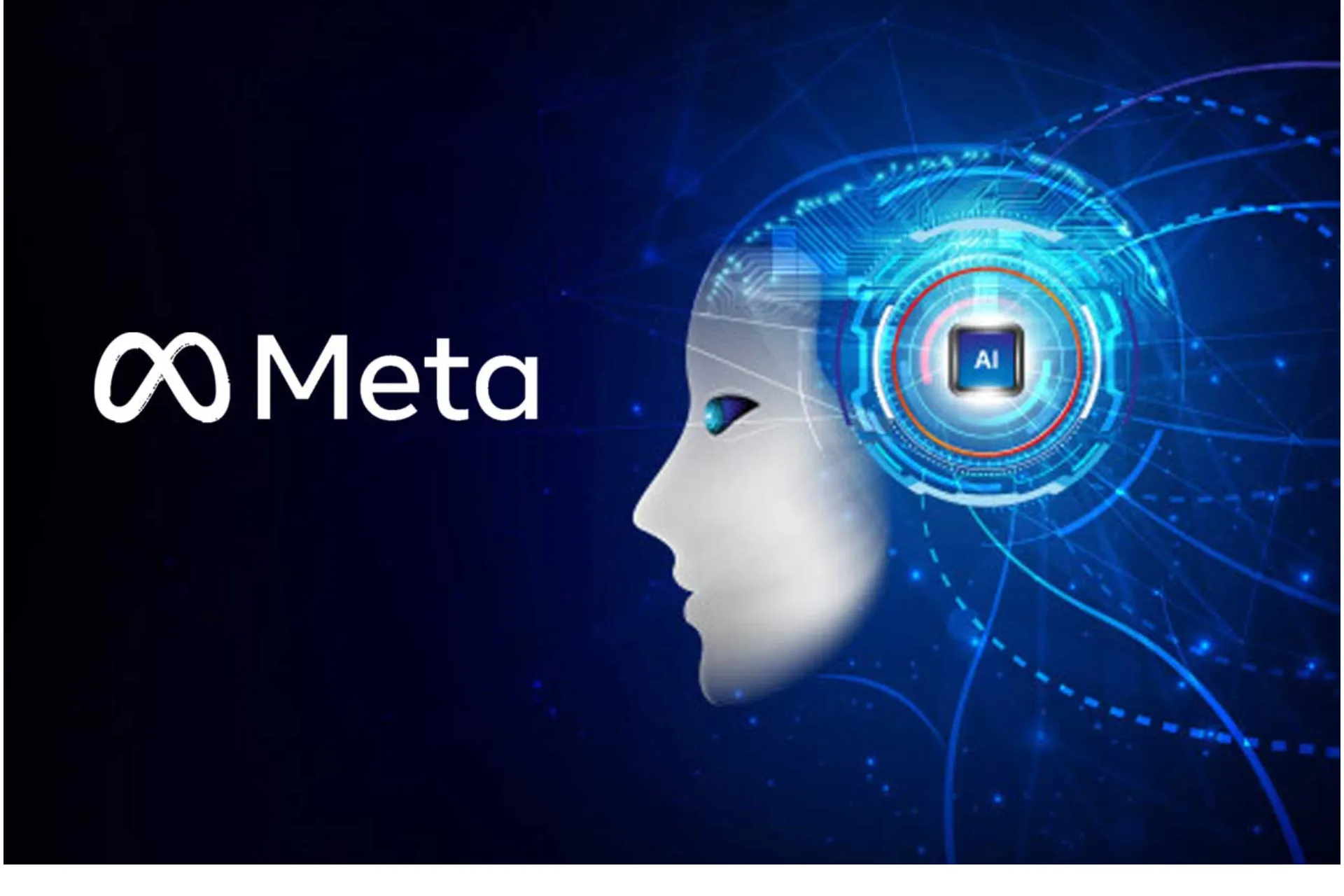As 2020 drew to a close, so did the political ambitions of superstar actor Rajinikanth. However, what is interesting is that this journey ended without having ever started, as Rajinikanth never officially entered the arena of Tamil Nadu politics. After a wait of nearly three decades, on December 3rd 2020, Rajinikanth announced that he would officially launch his party at the end of the month, and would contest the Tamil Nadu Assembly elections in 2021 from 234 seats. However, things took an unexpected turn prior to the announcement, as on December 29th, citing ill-health and the COVID-19 pandemic Rajinikanth announced that he will no longer be launching his party.
In a three page statement that he posted on Twitter, Rajinikanth detailed several reasons for his decision. The actor has suffered from fluctuations in his blood pressure, following which he was hospitalised in Hyderabad on Dec 25. The doctors issued an advisory stating that he should avoid any activity that increases the risk of contracting COVID-19, including participating in film shoots. “Nobody can understand my pain in making this decision,” the actor stated.
Media, fans, and political analysts alike had been awaiting a response from Rajinikanth about the launch of his political career for almost three decades. In fact, he became notoriously known in the media for his famous one-liner “only time will tell” as a standard response to all questions about the launch of his political career and party. While fans were hoping 2021 would mark the start of his political journey, it has in fact marked its end. The question that arises now is, why did one of the most popular actors in Indian cinema, decide to join politics? And more importantly, why did he constantly delay this decision for over 25 years? Let’s take a deeper look at the political leanings of Rajinikanth since 1996, reasons for this constant delay and Tamil Nadu’s connection with politics and cinema over the decades.
RAJINIKANTH’S ‘POLITICAL ACCIDENT’

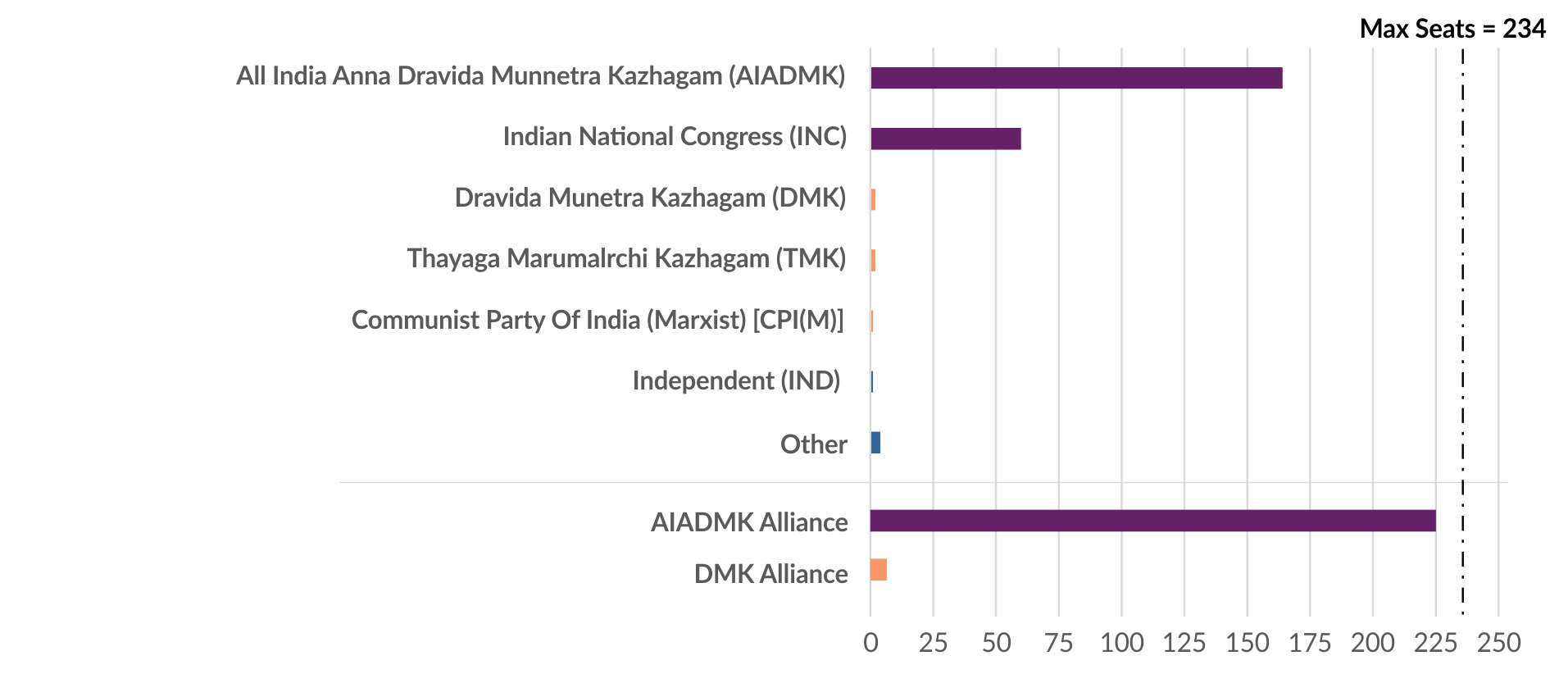

The start of Rajinikanth’s political leanings can be traced back to 1996. Perhaps this is a fact not very well known to most people, but the former Prime Minister of India, Narasimha Rao offered to make Rajinikanth the Chief Minister of Tamil Nadu if he contested as a Congress candidate in the 1996 Assembly elections. However, declining the offer, Rajinikanth ended up instead offering his support to G.K.Moopanar, the founder of Tamil Maanila Congress (TMC) who were set to ally with the DMK.
Rajinikanth campaigned against the AIADMK- Indian National Congress (INC) alliance especially targeting the then incumbent Chief Minister J.Jayalalithaa by stating that if she were to become the CM again, only god would be able to save Tamil Nadu. His speech against her ended up humbling the AIADMK-INC combine, as they could muster up just four seats. In fact, Jayalalithaa herself could not retain her seat and lost from Bargur.
However, Rajinikanth’s support for the DMK and TMC was short-lived. During the 1998 general elections, the party sought the actor’s support, managing to win only 9 seats out of 39. Years later speaking at a press conference, the actor said that his support for the DMK was a political “accident”. “About 21 years ago, I was involved in a political accident. It was during the time that I announced my support to a political party. It was the support of my fans and the people of Tamil Nadu who ensured victory for that party. I realise it was a mistake,” the actor said.
In 2004, yet again, Rajinikanth’s political allegiance changed yet again, as he announced his support for the AIADMK and BJP alliance for the General Elections. The actor did not apologize about his earlier comment on Jayalalithaa and her governance and instead said he was supporting the AIADMK-BJP alliance due to their resolve to find a solution to the state’s growing water crisis. However, this time his support did not yield any benefit for the alliance, and they failed to secure even a single seat in the Lok Sabha.
TAMIL NADU ASSEMBLY ELECTIONS: 1991 VS 199619911996SEAT SHARESEAT SHARE
1991
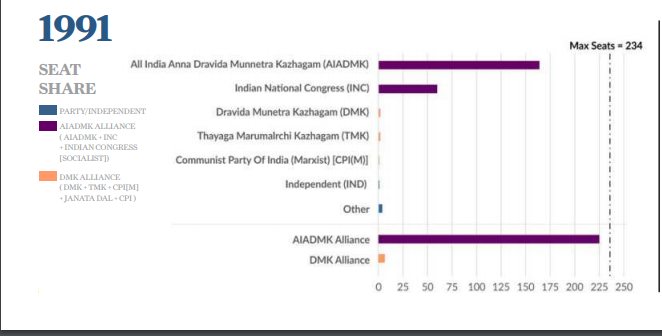
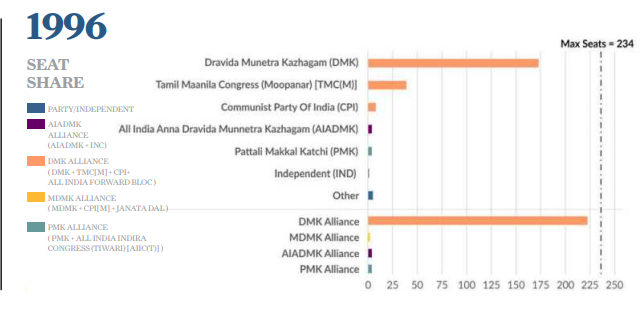
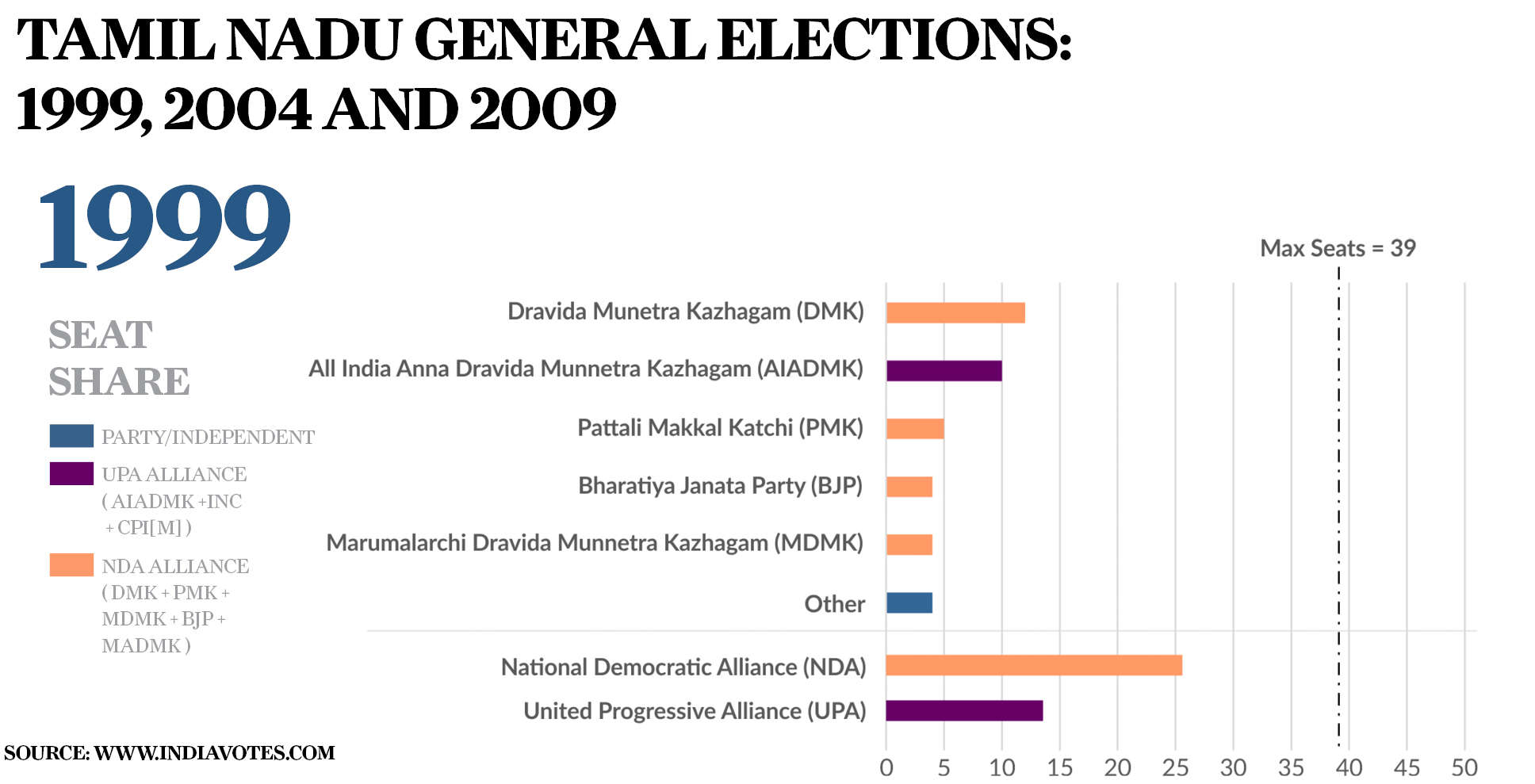
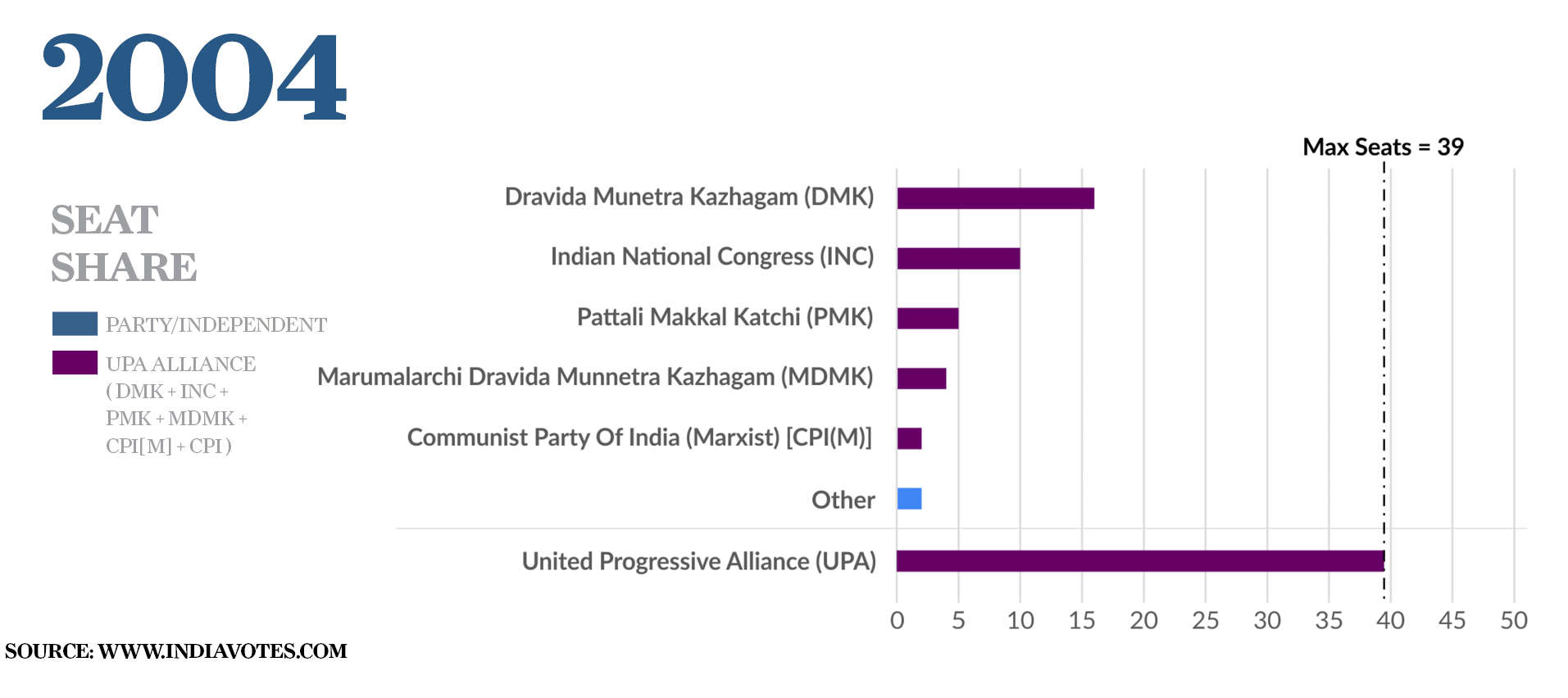
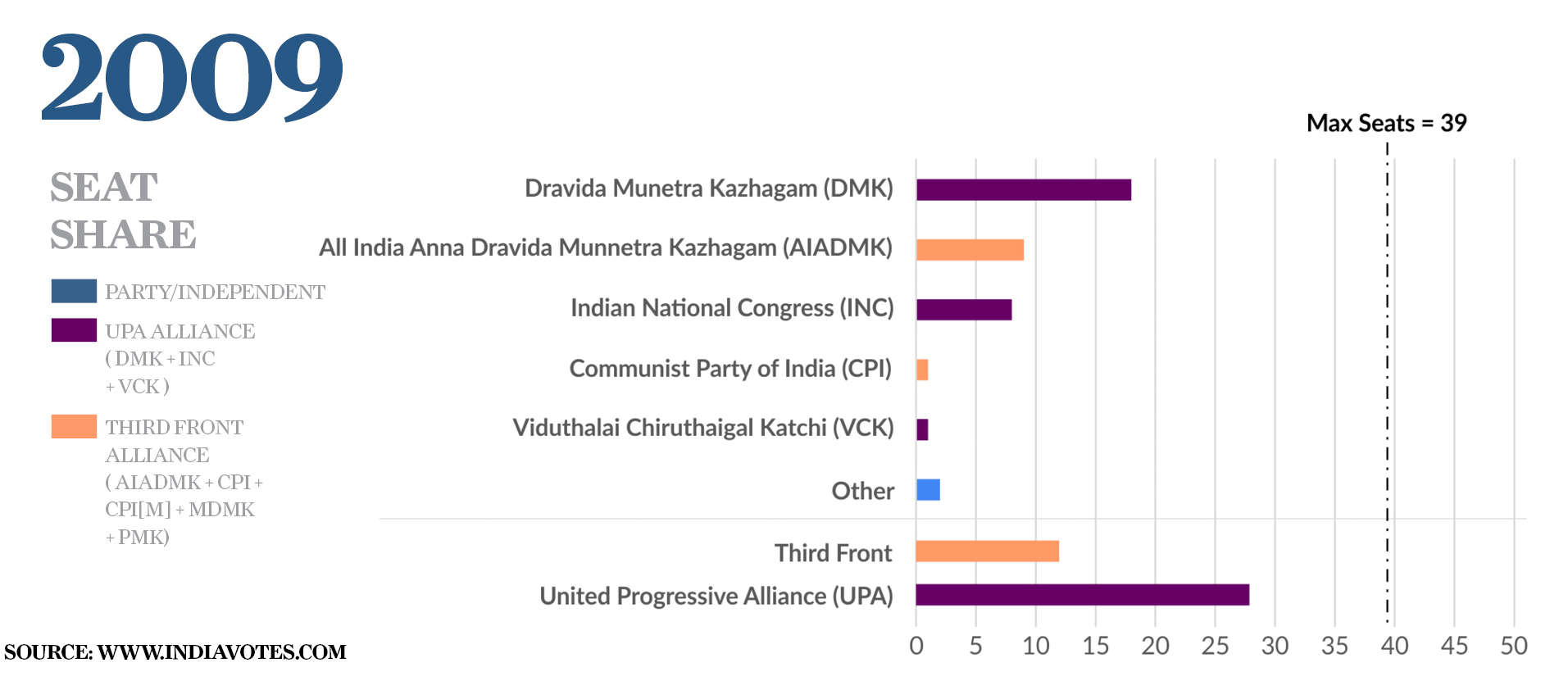
WHAT COULD HAVE BEEN RAJINIKANTH’S POLITICAL TRAJECTORY? POPULARITY VS POPULAR VOTE
 A fan wears a shirt printed with actor Rajinikanth’s photo. ANI
A fan wears a shirt printed with actor Rajinikanth’s photo. ANI
Rajinikanth’s touch with politics in 2021, however, should be seen as a completely different affair. He has been open to the idea of a formal political entry since 2017. The actor mentioned that his party would embark on a path of “spiritual politics’’ which would be “honest and corruption free.” He created the Rajini Makkal Mandram (RMM) in 2017 as a platform to facilitate his entry into active politics. He has been a vocal supporter of Prime Minister Narendra Modi and Home Minister Amit Shah, and his natural inclination since 2017 has been towards the BJP. In fact, Rajinikanth was one of the first to congratulate the BJP leaders after the announcement of the scrapping of Article 370 in 2019.
However, with all that said, Rajinikanth’s political endeavours would be dependent on his own identity and the members of his fan club (RMM) rather than the BJP itself. The BJP, which was looking into gaining a foothold in Tamil Nadu, would use Rajinikanth’s popularity to propel their image into the state. Undoubtedly, the actor’s entry would have broken the pro-caste and cash for votes system common in Tamil Nadu electoral politics. He would have been driven by his identity as a larger than life superstar actor creating ripples in ways similar to former Tamil Nadu Chief Minister and AIADMK supremo Dr. M.G.Ramachandran.
All said and done, what could have been the ramifications of Rajinikanth entering the 2021 Assembly Elections? Firstly, if Rajinikanth had chosen to contest alone, he would have not only eroded DMK’s vote bank but also played spoilsport for both the AIADMK and BJP. The main regional players- the DMK and AIADMK have a constant vote share of about 18-20% which would’ve been dented had Rajinikanth made a formal entry. The two other regional parties – Seeman’s Naam Tamizhar Katchi (NTK) and Kamal Hassan’s MNM would also have faced a similar situation. Although Seeman was set to rely largely on the anti-Rajinikanth vote bank, Kamal Hassan expressed more than once his willingness to join hands with Rajinikanth.
Secondly, fixing and sustaining an alliance with Rajnikanth could have become a major stress factor for the AIADMK-BJP combine. The AIADMK which has been marred by twin-leadership issues courtesy of Chief Minister Edappadi Palaniswami and Deputy CM O.Panneerselvam had just resolved the issue with Edappadi Palaniswami being chosen as their CM candidate. If the BJP were to add Rajinikanth to the alliance , AIADMK’s leadership would’ve seen that as a direct threat to their grip on power. BJP on the other hand lacks an independent and a powerful CM face and thus their only option would have been to go with Rajinikanth.
Thirdly, Tamil Nadu’s electoral politics and other dynamics in the state have changed significantly in the past few years. While Rajinikanth’s cross-cutting popularity is still paramount in 2021, the changes in vote bank politics and social media over the years would have gravely affected his ability to consolidate a major vote share. Political campaigning in Tamil Nadu in the recent past has been rife with using political consultancies and IT Wings to run smear campaigns against any opposition. In fact, Rajnikanth has faced the brunt of such smear campaigns in the past, and it would gravely affect his ability to consolidate his vote bank.

